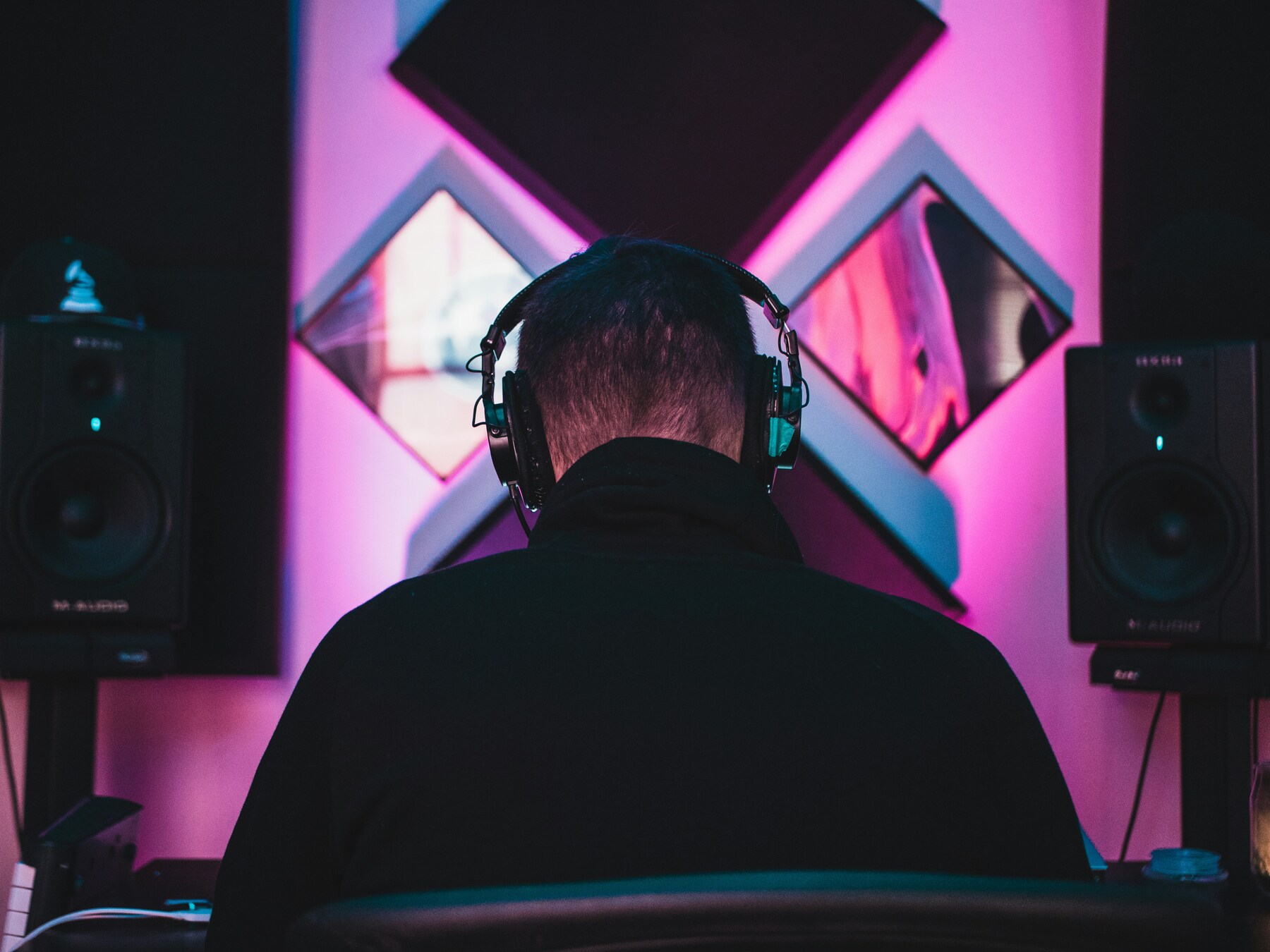Back to School 2024: Music Student starter pack
A list of essential tools and equipment to help you succeed as a music student. Don’t be caught unprepared.
Starting a new term as a music student can be overwhelming, especially when figuring out what gear you’ll need. Here’s a guide to help you navigate the essentials and some handy extras I would recommend having with me without breaking the bank.
Before rushing out to buy gear, make sure to check if your university or school provides a list of recommended equipment. It’s important to know what your course requires and what gear might already be available to borrow. Also, I’m a huge advocate for sustainability so don’t feel like you need to buy everything brand new. If you already have equipment that’s similar, it’ll likely do the job just fine.
Now, let’s get into the must-haves:
1. Ear Protection
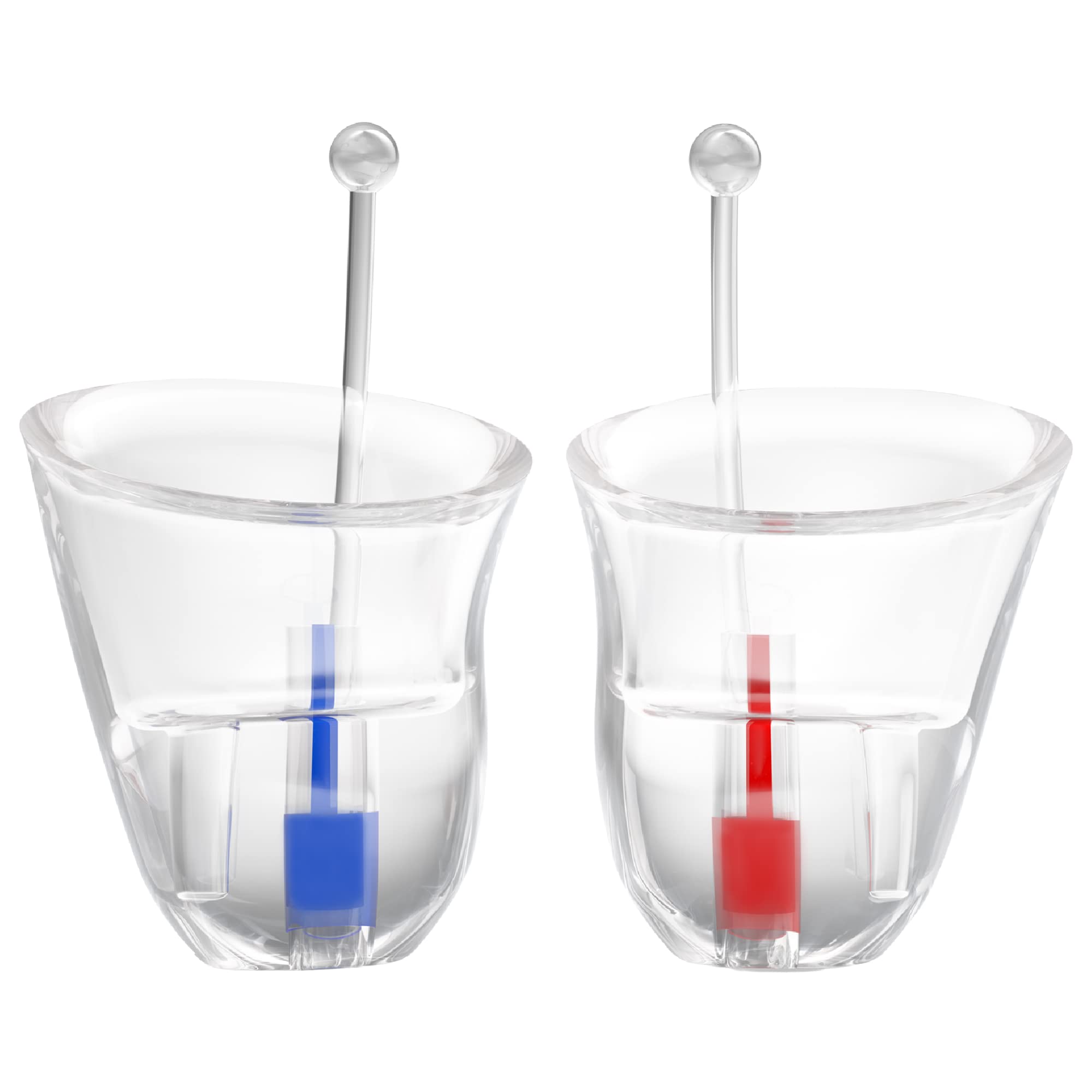
This is an absolute must! Protecting your hearing is crucial when you’re working with sound or high sound pressure levels daily. High SPLs in studios, rehearsals, or concerts can cause long-term damage, so invest in good-quality earplugs. I would recommend In-ear plugs as they’re compact and easy to carry around—keep them in your bag or on your keys for last-minute sessions. Look for earplugs with at least -19dB to -26dB reduction for solid protection. Brands like Earasers are popular choices.
2. Laptop/Computer
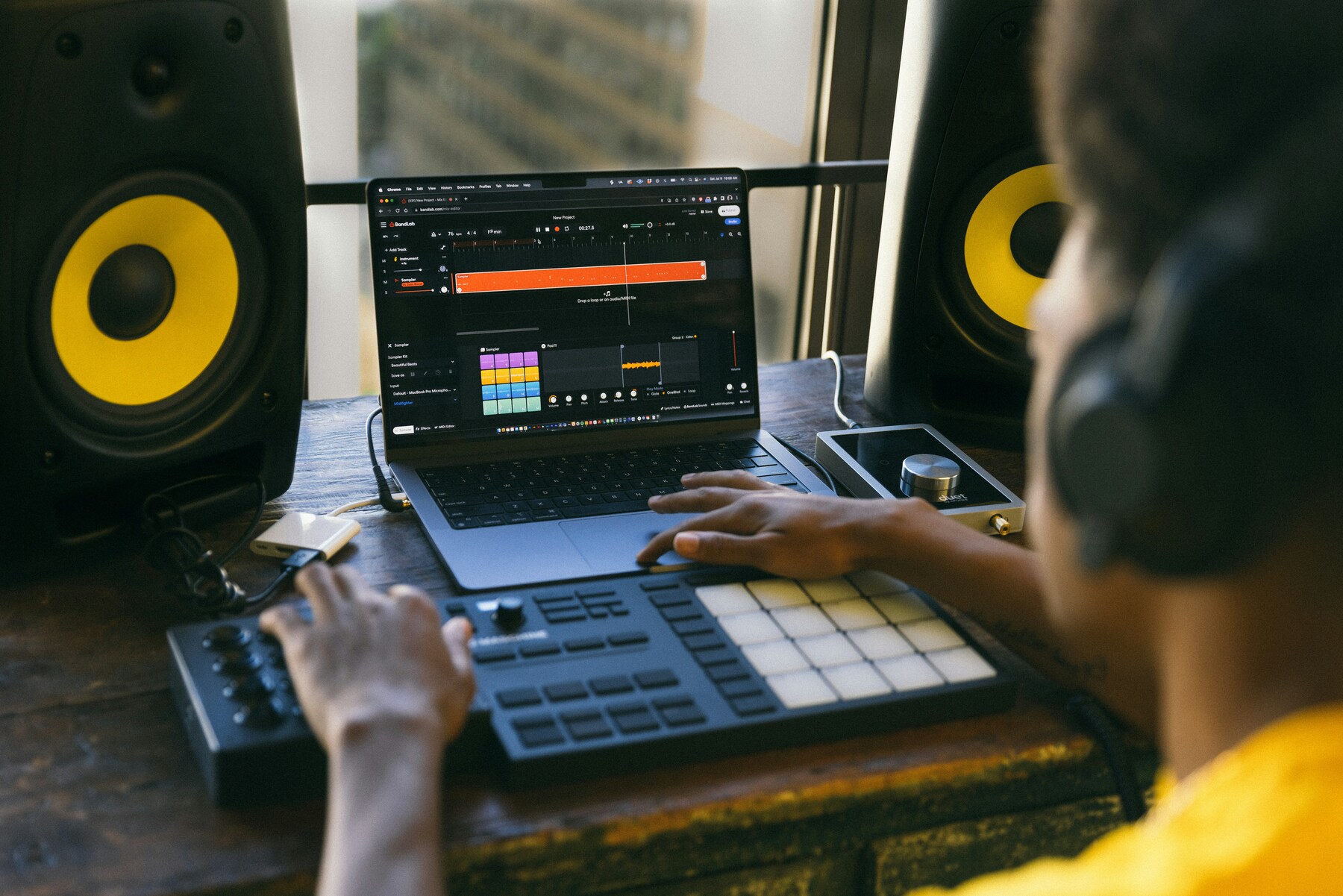
Your laptop will probably be the most important—and expensive—piece of equipment you’ll need at university. Whether you’re producing music in a DAW, recording demos, or writing essays, a laptop is your most versatile tool. Consider what your primary tasks will be. If you’re focused on production, prioritize a laptop with a good processor, plenty of RAM, and enough storage for large project files.
3. Cloud Storage & Hard Drive
Organization is crucial. You will be dealing with numerous large files, and it is important to avoid losing your hard work. Make it a habit to back up your projects using both cloud storage (such as Google Drive or Dropbox) and an external hard drive. Many universities provide cloud storage as part of enrollment, and using it can be incredibly helpful when you need to access files from various classrooms or campuses.
4. Decent Bag
You might not think about it much, but a solid, comfortable bag can make your life easier (trust me your back will thank you). Look for a backpack with padded straps, a laptop sleeve, and water-resistant material. It’s helpful to have a few extra pockets for small items like earplugs, chargers, and IDs, and if you find one with an internal key loop, consider yourself lucky!
5. Headphones
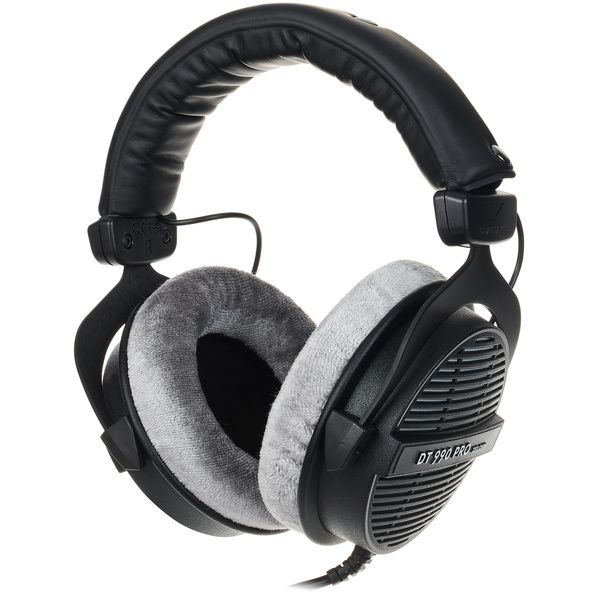
Good headphones are a no-brainer for a music student. Over-ear headphones typically offer better sound quality and isolation, as much as openbacks can be great you will likely find yourself in noisy environments and so opting for a closed back may be a good move for you. If you choose to opt for bluetooth headphones make sure they can connect via a wire option —you’ll thank yourself when Bluetooth or battery runs out in the middle of a session.
Bonus Tip: Carry a 3.5mm to ¼ inch adapter should you need to plug into audio interfaces or studio equipment.
6. Notebook
A trusty notebook can go a long way. Sometimes it’s just not practical to boot up a laptop at the drop of a hat. A notebook is handy for anything and possibly everything from jotting down setlists and studio notes to sketching out mic placements or song ideas.
7. Audio Interface
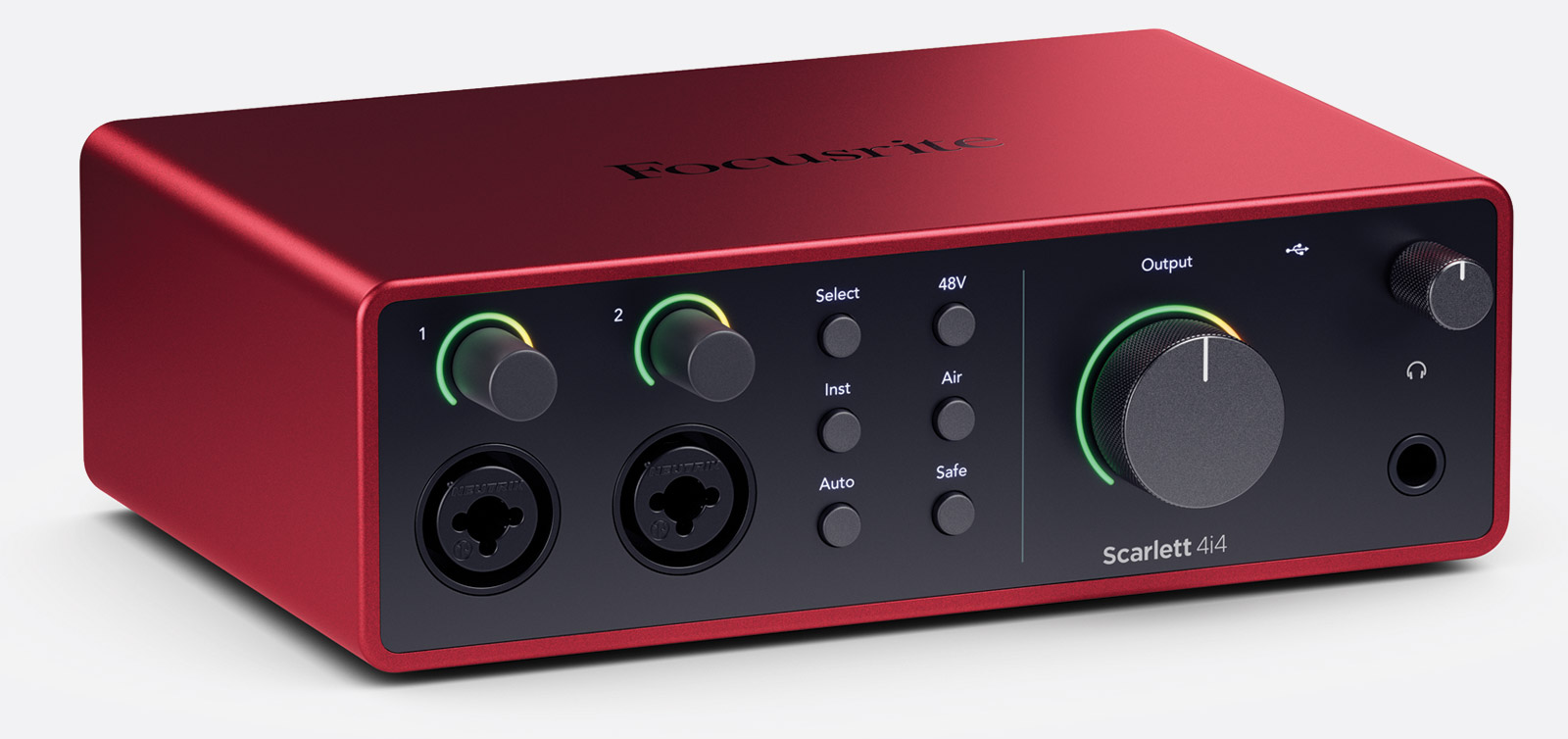
While your university may provide studio access, it’s worth having a personal audio interface for home use. There’s a wide range available at different price points, and the secondhand market is strong if you’re sticking to a budget. Consider interfaces with at least two inputs and good preamps.
8. MIDI Controller
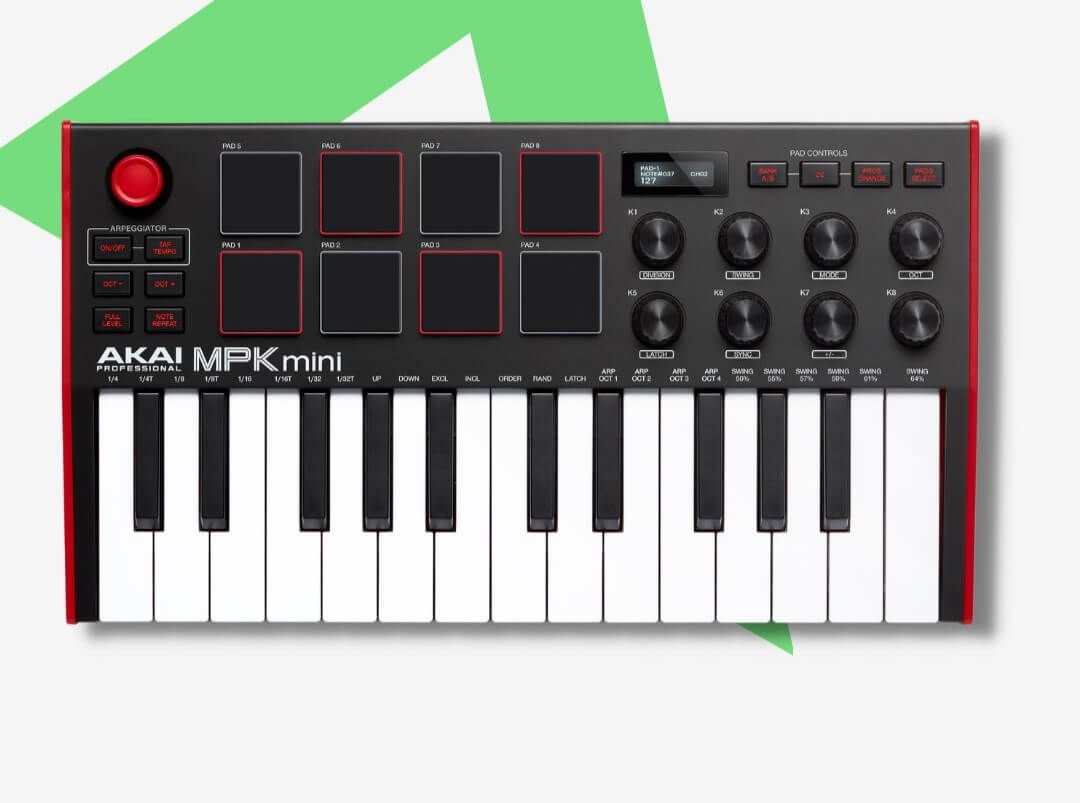
A MIDI controller is a great tool for composing and producing on the go. Look for a compact one that fits comfortably on your desk—something portable but functional. A smaller keyboard or pad controller is perfect for both performance and production.
9. Microphone
A microphone might not be essential for everyone, but it’s definitely useful. Even a budget condenser mic can work wonders for recording demo vocals. It’s especially handy when inspiration strikes at 3 a.m, and you want to record something quickly.
10. Honorable Mentions.
- USB Hub: More ports are always useful when you’re plugging in MIDI controllers, external drives, and other gear.
- Portable Charger: Long days mean dead batteries—keep a portable charger on hand to stay powered up.
- Tripod/Phone Stand: Perfect for recording your sessions, performances, or practice for feedback.
Starting a new school year is exciting but can feel overwhelming. This list covers the essentials and a few handy extras to help you get started without overloading yourself. Keep it simple, stay organized, and only buy things you think you’ll use. Try to make the most of the secondhand market where applicable. Happy studying!
